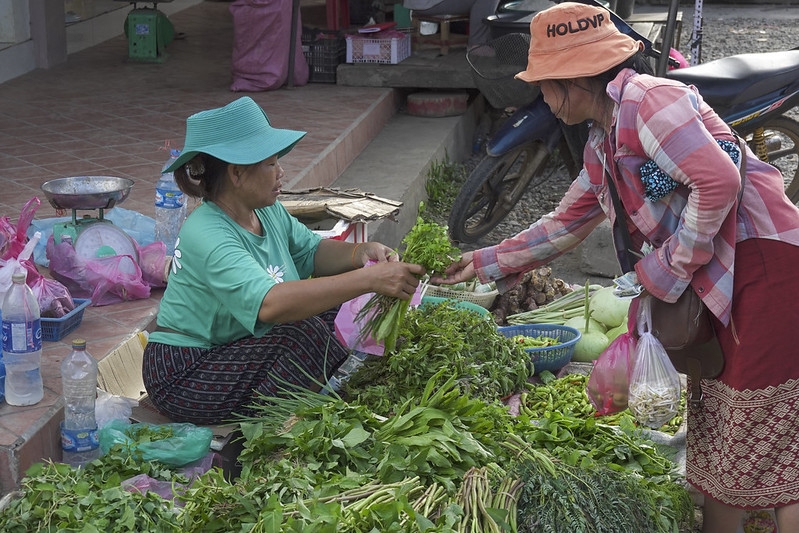
This project will support Cambodia, Indonesia and the Philippines to put into practice and operationalize the Codex Principles and Guidelines on the Use of Remote Audit and Inspection in Regulatory Frameworks (CXG 102-2023). It aims to establish harmonized practices across ASEAN for national and international audits and inspections by pilot-testing innovative approaches in the fisheries sector. These approaches can later be scaled up and adapted for use in other sectors and countries.
Remote audit and inspection methods enable regulatory bodies to perform evaluations without being physically on-site. These types of practices can be particularly valuable when travel limitations or other logistical obstacles interfere with conventional methods of inspections and audits. During the COVID-19 outbreak, the traditional practice of food regulators physically visiting trading partners to assess food safety measures was disrupted. In response, there was a significant increase in the use of remote audits, which facilitated the assessment process and verification of food control functions.
Although COVID-19 is no longer a significant issue, several challenges still prevent the regularity of in-person inspections and audits. In-person inspections involve travel which can incur high financial and environmental costs and requires extensive planning. Additionally, remote locations present logistical difficulties for on-site audits and inspections.
The use of remote or hybrid (remote and on-site) audits and inspections can significantly reduce the costs and time associated with traditional audits, making compliance verification more efficient and accessible. However, shifting from traditional in-person audits to a remote framework involves substantial investments. Governments, particularly from developing countries, will need to invest in enhancing their Information and Communication Technologies (ICT) infrastructure and in training staff to proficiently handle new technologies and obtain the required tools and expertise for remote or hybrid audits.
The international community of food regulators identified the need to develop guidance for the use of remote audits and in 2023, the Codex Committee on Food Import and Export Inspection (CCFICS) adopted the Principles and Guidelines on the Use of Remote Audit and Inspection in Regulatory Frameworks (CXG 102-2023). These principles and guidelines aim to support competent authorities in the implementation of remote audit and inspection activities, considering them as an optional method to ensure the efficient execution of official controls within a country or for exporting countries.